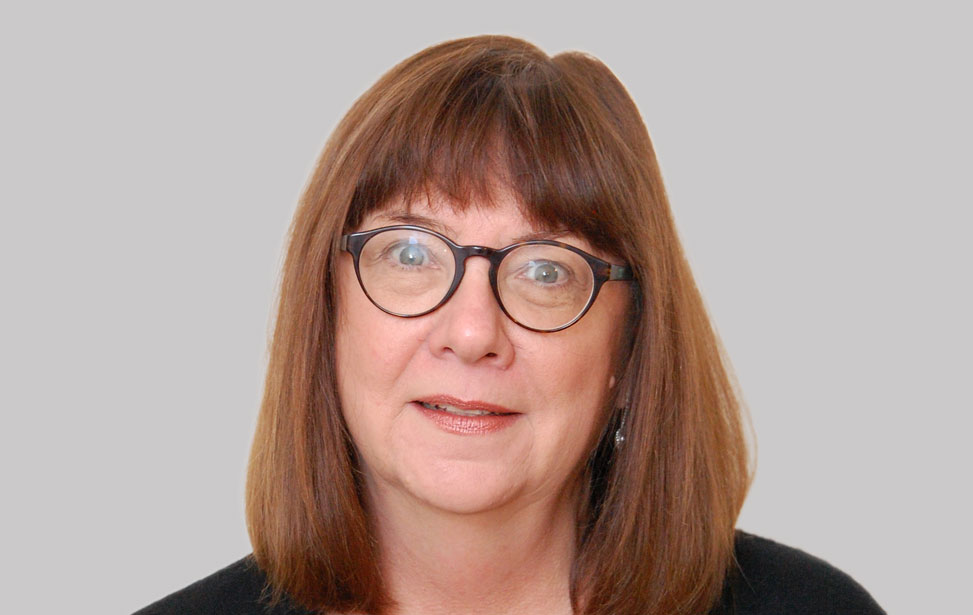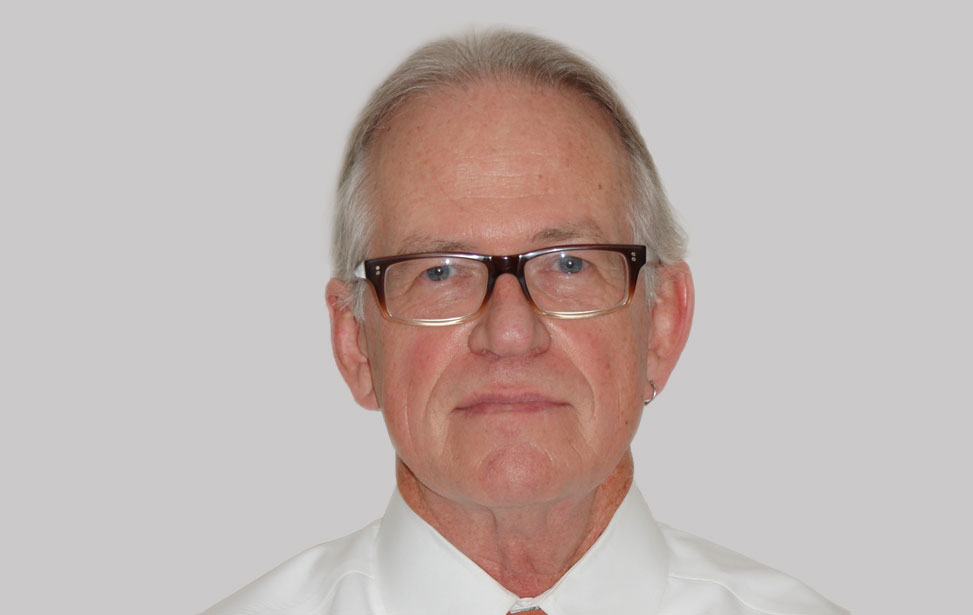Plenary Speaker

Kyle Higgins, PhD
University of Nevada, Las Vegas, USAProfile
Kyle Higgins is a professor of special education in the Department of Educational and Clinical Studies at the University of Nevada, Las Vegas (UNLV). Her research interests focus on the use of technology with students with disabilities in the educational setting. To that end, she has created digital basal readers, designed a software evaluation tool to evaluate software for use with students with disabilities, and explored the use of social media with students with emotional behavior disorders. She is the past co-editor of the Journal of Special Education Technology (published by the Technology and Media Division of the Council for Exceptional Children) and is the current co-editor of Intervention in School and Clinic (published by Sage Publishers and the Hammill Institute on Disabilities). She currently is co-project director of Project CULTURED, a U.S. Department of Education Office of Special Education Programs project to train future leaders in special education (doctoral students). She recently completed three federally funded projects: Project CONNECT to focus on training educators to work with students with autism and intellectual disabilities, Project GROW to train educators to unwrap common core standards to facilitate the inclusion of students with disabilities in 9th grade biology, and the HQ3 Project to embed evidence-based practices into all phases of the Master's Degree program.
Plenary Speaker

Randall Boone, PhD
University of Nevada, Las Vegas, USAProfile
Randall Boone is a professor of educational computing and technology at the University of Nevada, Las Vegas (UNLV). His research interests primarily have focused on computer-mediated teaching and learning for persons with disabilities, assistive technology, and instructional design of digital learning. Dr Boone is joint editor of the journal, Intervention in School and Clinic, which focuses on students with learning disabilities, emotional behavioral disorders, and autism. He is the past editor of Journal of Special Education Technology, the research journal of the Technology and Media Division of the Council for Exceptional Children. Dr. Boone has been awarded multiple grants from the U.S. Department of Education through the Office of Special Education Programs (technology research with students with disabilities), the Office of Post-Secondary Education (Fulbright-Hays program for foreign study), and the State of Nevada (school-to-careers program). Dr Boone has served as Chair of the Department of Teaching and Learning at UNLV and as the Associate Dean for Research in the College of Education at UNLV.
Synopsis
Title: Refocusing on Instructional Design in Assistive and Instructional Technology Research and Development
Presenters: Kyle Higgins and Randall Boone
In the world of educational technology, it is becoming more and more difficult to separate the worlds of assistive technology (AT) and instructional technology (IT). Learning goals, such as those proposed by Universal Design for Learning (UDL), become easier with the current capabilities of computer-based, application-based, and digital technology tools to make reasonable accommodations for learners with disabilities. Recently, the gap between ATs and ITs designed for persons with disabilities and learners without disabilities has narrowed. Many of the digitally based strategies proven to be successful with individuals with disabilities are effective and useful for typical learners (e.g., word prediction assistance built into cell phone texting). In this presentation, Kyle Higgins and Randall Boone will focus on the need to incorporate appropriate and effective instructional design in the creation of useful and effective ATs and ITs. We will detail three areas of concern: (a) the difficulties found with traditional print materials, (b) adapting digital content for under-served populations (e.g., those with disabilities, second language learners), and (c) the design of current digital technologies (e.g., software, apps). The three areas that will be discussed are viable for important research concerning content delivery that is truly accessible - meeting the standards for accessibility for access to information and access to learning.

